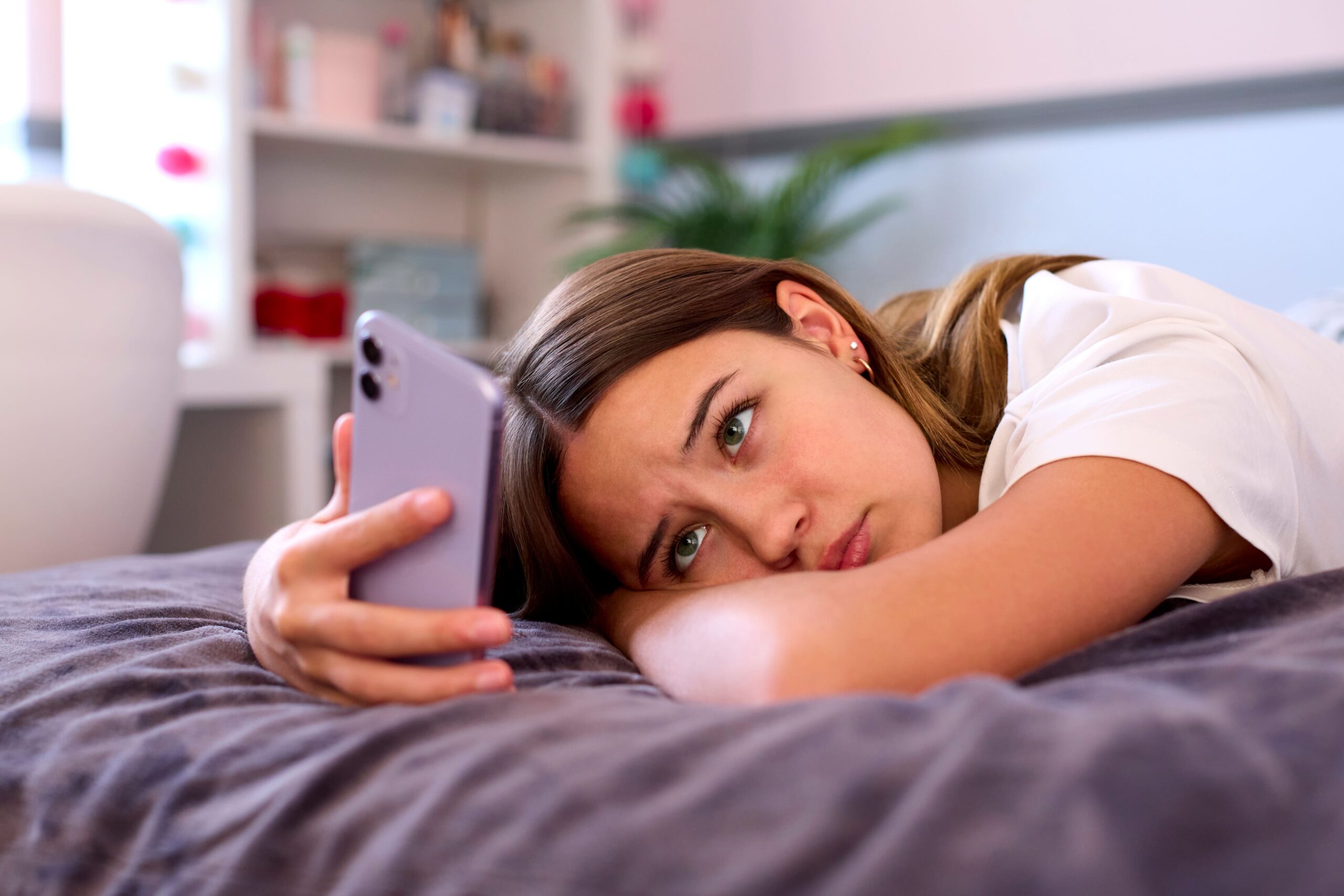While platforms like Facebook, Instagram, and Snapchat allow you to stay connected with friends, they can also cause mental strain, especially for college students dealing with academic pressures, social life, and overall student wellness. Many people report feeling increased stress after spending time on these platforms, and you may be wondering if social media is contributing to your stress. Here’s how it can negatively impact your college health and tips for using social media more mindfully.
Decreased Satisfaction in Your College Life
Before you started scrolling through curated photos of your friends living their best lives, you may have been relatively happy with your own progress. However, after seeing constant updates about others’ seemingly perfect college experiences, you might feel discontent with your own situation. Social media is often filled with highlights of people’s achievements—whether it’s academic success, new friendships, or a dream job—leading you to compare your own life and accomplishments.
For college students, this can be especially challenging. You’re already juggling exams, extracurricular activities, and internships, so when you see others seemingly excelling effortlessly, it can lead to feelings of inadequacy or frustration. This type of social comparison can negatively impact your mental health and diminish your satisfaction with your own life. Over time, these feelings may result in lowered self-esteem and increased stress.
Decreased Focus and Mental Energy
For college students, focus and mental energy are vital to success in coursework and other responsibilities. However, constant social media use can drain both. Social media platforms, with their endless streams of updates, images, and messages, can become habit-forming, causing your brain to process a constant influx of information. This may sound like a good way to stay connected, but the brain is only capable of handling so much at once.
This overload can lead to difficulty focusing on your studies or managing other aspects of your college life. You may find that by the time you hit the afternoon, you feel mentally fatigued and unable to concentrate on tasks, leaving you less productive and more stressed. If you’re struggling with focus, limiting social media usage could help you restore mental clarity and make better use of your study time.
Negative Impact on Your Health
Social media isn’t just a drain on your mental energy; it can also affect your physical health. Research has shown that overusing social media can contribute to increased stress, which can weaken your immune system and leave you more vulnerable to illnesses like colds and the flu—something every college student wants to avoid during the semester.
Additionally, excessive social media use often leads to negative feelings like anxiety and depression, especially if you find yourself comparing your life to others’ highlight reels. This emotional strain can affect your overall well-being, further contributing to feelings of burnout and stress.
How to Use Social Media More Mindfully
Social media doesn’t have to be a source of stress if used mindfully. It can be a tool for connecting with friends, staying informed, and networking, but it’s important to use it wisely.
- Set Limits: As a college student, your time is precious. Instead of checking social media constantly throughout the day, schedule specific times to catch up with updates. This helps you avoid impulse scrolling and frees up more time for studying, relaxation, or self-care.
- Mind Your Mood: Take note of how different social media platforms make you feel. Does scrolling through Instagram leave you feeling inadequate, or does Pinterest’s shopping suggestions stress you out? If certain platforms trigger negative emotions, consider cutting back on them. Focus on the platforms that contribute positively to your student wellness, such as those that help you connect with friends or support your academic interests.
- Reevaluate Your Social Media Usage: If you’re using social media to fill a void, it may be time to reflect on your goals and intentions for being online. Is social media serving your needs, or is it contributing to your stress? Make sure your social media habits align with your well-being, and feel free to take a break when you need to.
While social media can offer many benefits, including staying connected with friends and family, it’s important to be mindful of how it affects your college health. Constant comparison, overstimulation, and the emotional strain caused by social media can add unnecessary stress to your already busy college life. By being aware of how social media impacts your mental and physical well-being, you can make smarter choices to ensure it serves your best interests. Prioritize your health by limiting your social media time and focusing on what truly enhances your college experience.





